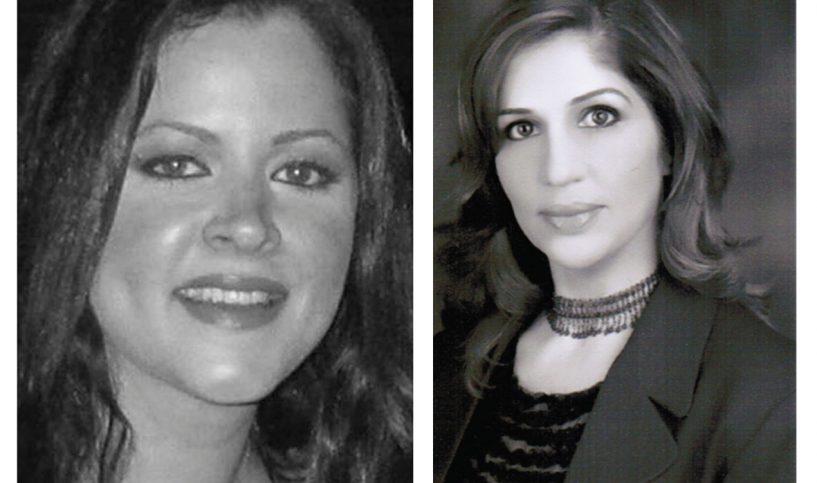Do you have questions for a psychologist? Are you afraid or embarrassed to see one? Well, we may have the answers you need!
What, exactly, is hypnosis? Is it the same thing we see on TV when someone swings a watch in front of you and you start talking about stuff?
Thanks,
Curious
Unfortunately, movies and TV shows have clouded the understanding of hypnosis, as it is often portrayed as a tool for controlling people’s minds leading them to engage in comical or suggestible behavior. In addition, there has been a lot of controversy concerning the association between hypnosis and recovered childhood abuse. Regardless of this misinformation and controversy, hypnotic procedures continue to be researched and used as applied psychological tools. There have been decades of research into hypnosis and its validity.
Hypnosis is a scientific and applied clinical tool. The American Psychological Association (APA) has a specific division, Division 30, which is dedicated to advancing knowledge and research into this psychological process. The APA defines hypnosis as a “procedure during which … suggestions for imaginative experiences will be presented … a hypnotic procedure is used to encourage and evaluate responses to suggestions … one person (the subject) is guided by another (the hypnotist) to respond to suggestions for changes … in perception, sensation, emotion, though or behavior …” (APA, Division 30)
Individuals who provide hypnosis need to be trained and certified. It is our professional opinion that prior to engaging in hypnosis, a client needs to meet with a mental health professional who can understand the client’s background, profile his/her personality, comprehend current symptoms, and develop an individualized treatment plan. Hypnosis may be suggested as one of many techniques to be used during the healing process. However, it is important to remember that hypnosis is not suitable for all disorders and it is not the ultimate cure. Sometimes, hypnosis is used in conjunction with other therapy techniques to get the client healthy again.
How can childhood sexual abuse or molestation affect our adult intimate relationships?
Thanks,
Seeking Peace of Mind
Childhood sexual abuse or molestation can undoubtedly impact future intimate relationships, given the critical component of trust. The specifics of the abuse and/or molestation are important so as to better understand the residual effects on individuals. For example, if the abuse was practiced by someone the child trusted and loved, the effects would probably be different than if it was by a stranger. In either way, we believe that the abuse would impact relationships in that trust issues, intimacy and feelings of safety will all play a big part when trying to get close to someone.
If you or someone you know has been sexually abused, it is our recommendation that you meet with a professional who can help you work through the trauma so it does not impact the quality of future relationships. The past should not be allowed to control your present and future functioning. If you pretend that the abuse has no effect in your intimacy with another person, you may be setting yourself up for a failure with your loved one and also with close relationships such as friendships.
My 2 ½ year old daughter is very smart, sweet, and social. However, she is very stubborn, and has a strong personality which leaves me, at times, unable to get through to her. Any suggestions?
Thanks,
Mom in need of guidance
Your concern is understandable, but it’s important for you to realize that children her age are in a process of asserting their personalities, so it’s quite normal for her to be slightly stubborn. The key is for you to be consistent in your delivery of rewards and punishments so that she is clear about what is right and wrong, keeping in mind that children her age don’t have as much attention span as older children. So, it’s also quite normal that she may repeat the same “unacceptable behavior” that she was once punished for. Once again, remain consistent in your response to her behavior.
Young children respond to changes in their environment behaviorally as they still do not possess the emotional vocabulary and cognitive sophistication that older children have. Thus, it’s important for you to monitor any recent changes in your home environment that she may be responding to. In addition, at her age, especially since you have described her as smart and social, it’s important that you afford her ample opportunities to explore her world through various activities. Such activities should involve a combination of indoor and outdoor opportunities so that she can stimulate different areas of her brain and release her increasing energy productively.
For psychological advice, send your questions to drjdinkha@kaizen-kw.com. Please note that not all questions can be published. Dr. Juliet and Dr. Nisrine are bilingual and bicultural expert psychologists on various personal and social issues.
Visit kaizen-kw.com or follow them on Facebook: kaizen2q8.











